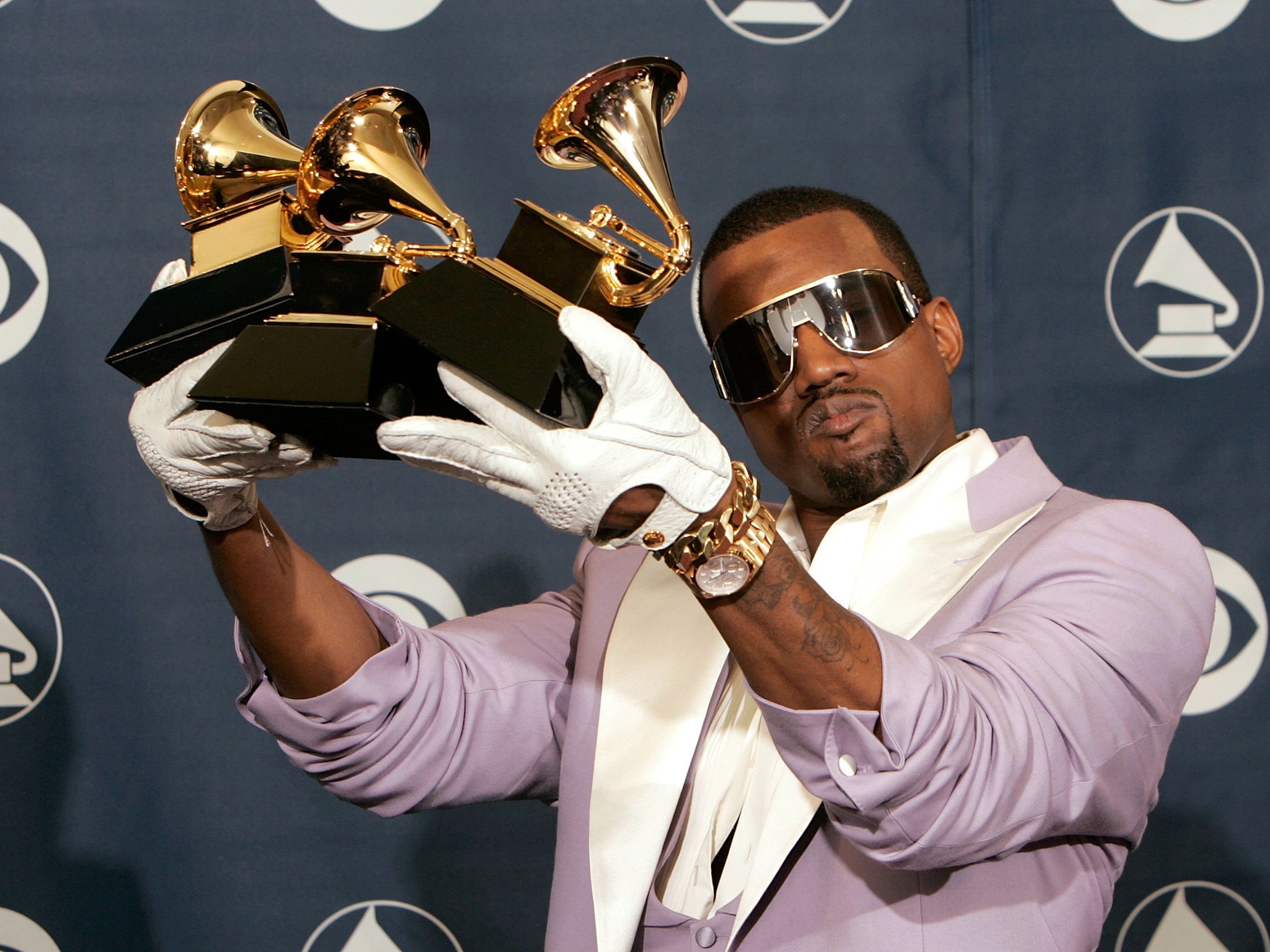The Independent's journalism is supported by our readers. When you purchase through links on our site, we may earn commission.
Science says these 9 tactics will help you win any argument
From staying civil to asking open-ended questions, these tips demonstrate that the key to arguing is understanding people

Arguments aren't logical. To win them, you have to understand people.
We've scoured the research and compiled the following science-backed tactics that will help you win any argument.
Be civil.

Contrary to what your debate coach said, arguments aren't rational.
So respect the other person's perspective, no matter how ridiculous it sounds.
"When people have their self-worth validated in some way, they tend to be more receptive to information that challenges their beliefs," political psychologist Peter Ditto from the University of California at Irvine tells New York Magazine.
With that emotional connection established, you can then start getting logical.
Don't try to 'win' the argument.
Attacking someone's ideas puts them into fight-or-flight mode. Once they're on edge, there will be no getting through to them.
So if you want to be convincing, practice "extreme agreement": Take your conversational partner's views and advance them to their logical — and perhaps absurd — conclusion.
Don't ask why. Ask how.
In a 2013 study, University of Colorado psychologist Philip M. Fernbach separated people with extreme political views into two groups — people who had to explain why their opinions were right, and those who were tasked with explaining how their ideals could be turned into actual policy.
The result?
Folks who gave their reasons for being right were just as confident in their convictions after the experiment as they were beforehand. But the people who had to explain the mechanics of implementation had softer views.
Follow up.

Pixar cofounder Ed Catmull knew Steve Jobs for 26 years.
They had some arguments.
He avoided having shouting arguments with Jobs, instead employing a persistent method:
"I would say something to him and he would immediately shoot it down because he could think faster than I could ... I would then wait a week ... I'd call him up and I give my counter argument to what he had said and he'd immediately shoot it down. So I had to wait another week, and sometimes this went on for months."
It would resolve in one of three ways: Jobs would admit Catmull was right; Catmull would realize Jobs was right; or Jobs would not respond to Catmull, in effect giving his approval.
Ask open-ended questions.
If you're in a spat with your spouse, couples psychologist John Gottman says to ask questions that allow him or her to open up.
Examples include:
- How would you change it if you had all the money in the world?
- What do you want your life to be like in three years?
- How do you like your job?
It works in arguments at work, too — open-ended questions help transform competitive interactions into cooperative ones.
Be confident.

People don't listen to the smartest person in the room.
A 2013 study found that they listen to the people who act as if they know what is right.
University of Utah management professor Bryan Bonner says people unconsciously look for "messy proxies for expertise" like extroversion, gender, race, or confidence level instead of paying attention to what people are actually saying.
"We'd hope that facts would be the currency of influence," Bonner told The Wall Street Journal. "But often, we guess at who's the expert — and we're wrong."
Demonstrate that other people agree.
In "Influence: The Psychology of Persuasion," Robert Cialdini says "social proof" is one of the best tactics for getting people to see things your way. It exploits the well-documented tendency for people to conform to others' opinions, even if they're strange.
According to social proof, we assume what other people are doing is the correct behavior in a situation. It is the reason long lines in front of a restaurant make the food inside seem so tantalizing. It is also why having the endorsement of a celebrity — like William Shatner — is such an effective marketing tool.
Use graphs.

A new study from Cornell University researchers Aner Tal and Brian Wansink shows that people trust scientists. Thus, doing things that make you appear scientific — like using a graph — makes you more trustworthy.
"The prestige of science appears to grant persuasive power even to such trivial science-related elements as graphs," Tal and Wansink write.
Go beyond anecdotes.
A story about how your uncle or your college roommate eats loads of butter and still stays fit is an anecdote.
But if you want to be taken seriously, you need to use data, the kind that's arrived at through peer-reviewed studies with large sample sizes.
Better yet, go for consensus.
"Scientists often use 'consensus' as the ultimate argument-winner, and for good reason," Jacquelyn Gill writes on Contemplative Mammoth. "Scientific consensus is the collected opinions of all scientists, and not just the one you're arguing with. There can be one or two scientists who disagree (just like there are a handful of people who don't believe the Holocaust happened), but if the vast majority of scientists have reached consensus, it means that there is so much evidence in support of an idea that it's basically a guaranteed thing, based on state-of-the-art knowledge."
Read more:
• The story of Britain's most successful gambler
• European banking's slow-mo crisis is picking up speed
• Global trade worse than it was during financial crisis
Read the original article on Business Insider UK. © 2015. Follow Business Insider UK on Twitter.
Join our commenting forum
Join thought-provoking conversations, follow other Independent readers and see their replies
Comments
Bookmark popover
Removed from bookmarks